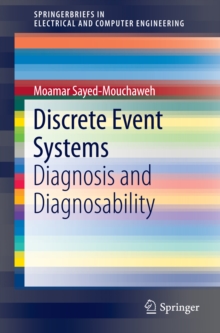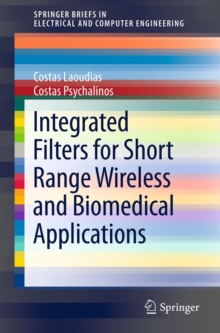
Practical Approaches to Causal Relationship Exploration PDF
by Jiuyong Li, Lin Liu, Thuc Duy Le
Part of the SpringerBriefs in Electrical and Computer Engineering series
Description
This brief presents four practical methods to effectively explore causal relationships, which are often used for explanation, prediction and decision making in medicine, epidemiology, biology, economics, physics and social sciences.
The first two methods apply conditional independence tests for causal discovery.
The last two methods employ association rule mining for efficient causal hypothesis generation, and a partial association test and retrospective cohort study for validating the hypotheses.
All four methods are innovative and effective in identifying potential causal relationships around a given target, and each has its own strength and weakness.
For each method, a software tool is provided along with examples demonstrating its use.
Practical Approaches to Causal Relationship Exploration is designed for researchers and practitioners working in the areas of artificial intelligence, machine learning, data mining, and biomedical research.
The material also benefits advanced students interested in causal relationship discovery.
Information
-
Download - Immediately Available
- Format:PDF
- Publisher:Springer International Publishing
- Publication Date:02/03/2015
- Category:
- ISBN:9783319144337
Information
-
Download - Immediately Available
- Format:PDF
- Publisher:Springer International Publishing
- Publication Date:02/03/2015
- Category:
- ISBN:9783319144337










